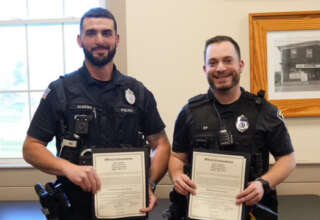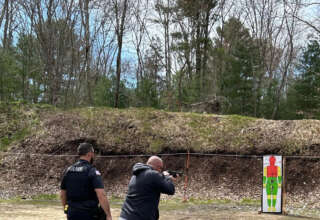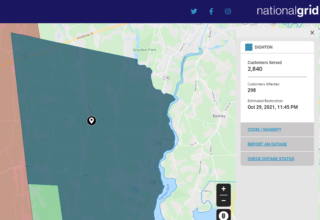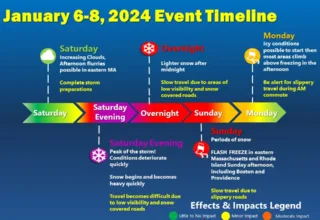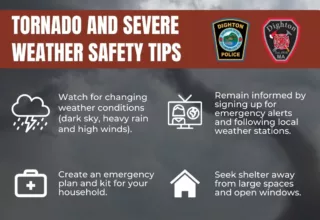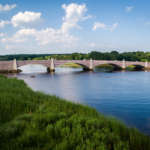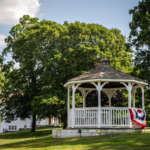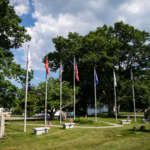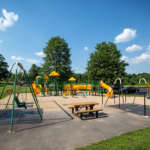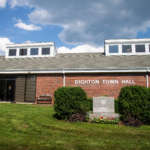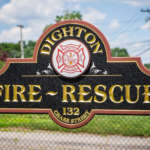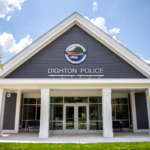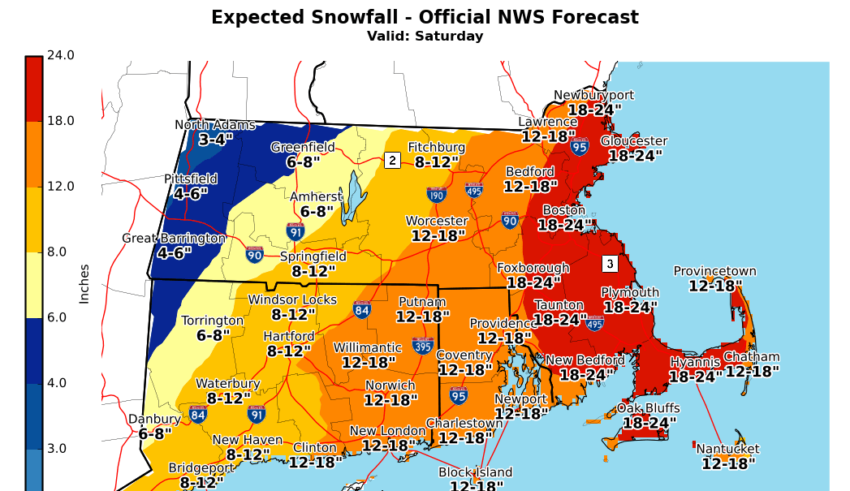
(Image courtesy National Weather Service, current as of 4:30 a.m. Thursday, Jan. 27)
DIGHTON — Chief Christopher Maguy would like to share the following safety precautions ahead of this weekend’s snowstorm.
At this time, the National Weather Service (NWS) has issued a Blizzard Warning for Bristol County, including the Town of Dighton, beginning early Saturday morning, Jan. 29 into Sunday, Jan. 30. Snow accumulations of as many as 24 inches are possible, with wind gusts potentially approaching 55 miles per hour.
Travel conditions are expected to be very difficult to impossible, and strong winds could cause tree and property damage. Strong winds may also lead to power outages.
Visit weather.gov to see the forecast for Dighton and the surrounding area as the storm approaches. Residents are reminded that the forecast can change quickly and at any point, and they should monitor the local forecast throughout the coming days.
Stay informed by receiving alerts, warnings and public safety information before, during and after emergencies. Residents can also listen to local area radio, NOAA Radio or TV stations for the latest information and updates.
The Dighton Fire Department wishes to share the following winter weather safety tips:
Before a Winter Storm
- Keep your vehicle’s gas tank full so you can leave right away in an emergency and to prevent the fuel line from freezing.
- Keep handy a warm coat, gloves or mittens, hat, water-resistant boots, and extra blankets and warm clothing for each member of the household.
- Check your emergency kit and replenish any items missing or in short supply, especially medications and medical supplies. Keep it nearby.
- Prepare for possible power outages.
- Be sure you have ample heating fuel. If you have alternative heating sources, such as fireplaces, wood- or coal-burning stoves, or space heaters, be sure they are clean and in working order.
- Review generator safety: Never run a generator in an enclosed space.
- Make sure your carbon monoxide detector is working correctly and that the outside vent is clear of leaves and debris. During or after the storm, make sure it is cleared of snow.
- Home fires are common each winter when trying to stay warm. Review ways to keep your home and loved ones safe.
During a Winter Storm
- Stay indoors and wear warm clothes. Layers of loose-fitting, lightweight, warm clothing will keep you warmer than a bulky sweater. If you feel too warm, remove layers to avoid sweating; if you feel chilled, add layers.
- Bring your companion animals inside before the storm begins. Move other animals to sheltered areas with a supply of non-frozen water. Most animal deaths in winter storms are caused by dehydration.
- Check on relatives, neighbors, and friends, particularly if they are elderly or if they live alone.
- If you must drive during winter weather conditions, make sure all fluid levels are full and ensure that the lights, heater and windshield wipers are in proper working condition.
- Don’t leave the house without the following: A fully charged cellphone, car charger and an emergency supplies kit in your car. Ensure your kit includes additional layers of clothing and non-perishable food.
- If your car gets stuck during a storm, stay in the vehicle. If you leave your vehicle, you will become disoriented quickly in wind-driven snow and cold.
After a Winter Storm
- Stay informed and pay attention to the information provided by local authorities.
- Stay off the roads and stay indoors, if possible. Give plow and sand/salt trucks the space they need to operate.
- Remain cautious even once conditions have improved. Even if roadways have been cleared of snow following a storm, any water left on the roadways may freeze, resulting in a clear sheet of ice, also known as black ice. Black ice is patchy ice on roadways that cannot easily be seen.
- Know the signs of frostbite and hypothermia.
Residents are also asked to assist firefighters by clearing snow away from fire hydrants during and after the storm. Snow should be cleared 3-5 feet all around the hydrant so firefighters have enough room to connect a hose.
Outage Information
National Grid reminds residents that they can register to receive updates about storms and about outages in their area. Residents can click here to sign up to receive alerts via text, phone call or email when their power goes out. National Grid will notify those who sign up when they detect an outage, have restoration estimates and updates, or have restored power to a particular address.
Additionally, National Grid’s “Outage Map” shows the location of reported outages. The map can be accessed here. The outage map also helps municipal officials understand the areas affected by power outages.
For additional winter storm safety information, visit NWS or the Red Cross. For any other questions on cold weather safety please visit weather.gov.
###


